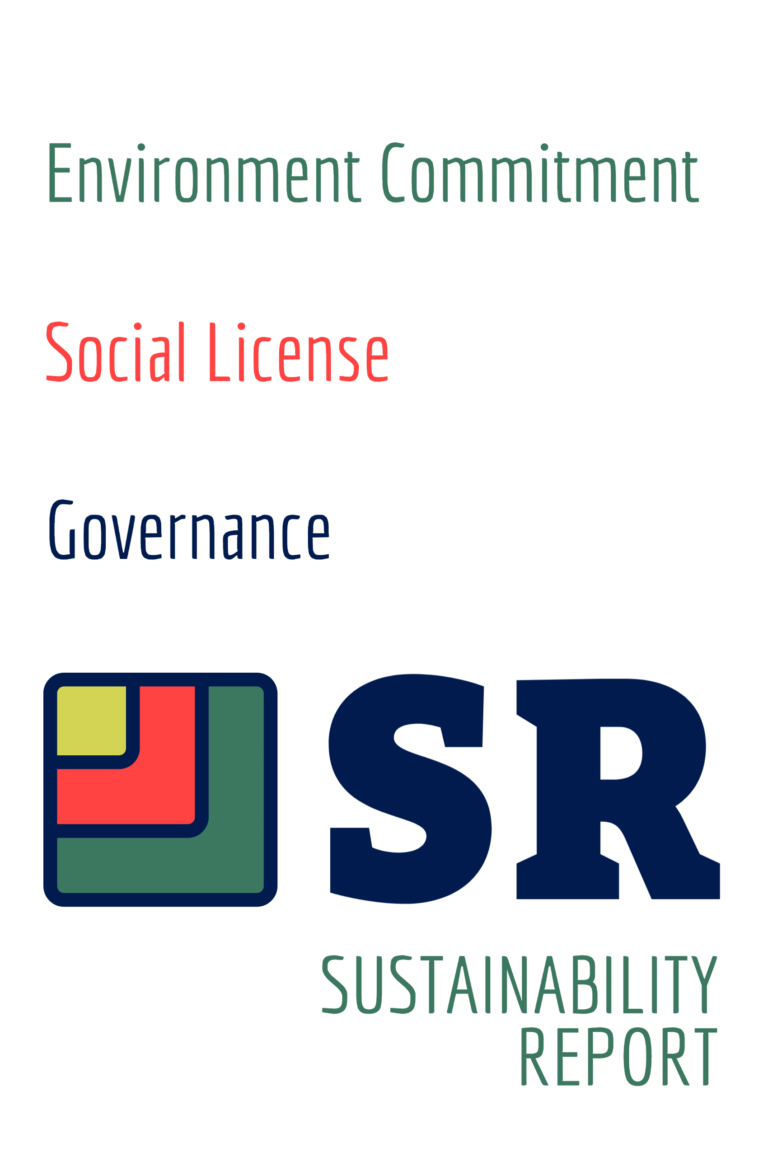
CONSTRUCTION
Why is sustainability important for the construction sector?
Sustainability is important for the construction sector because it can reduce environmental impacts, improve social outcomes, and enhance economic performance. By adopting sustainable practices, the construction sector can contribute to the global goals of mitigating climate change, conserving natural resources, and promoting human well-being. Additionally, sustainability can create competitive advantages for the construction sector, such as reducing costs, increasing efficiency, improving quality, and enhancing reputation.
What are some of the certification types for sustainable construction?
There are various certification types for sustainable construction that assess and verify the environmental, social, and economic performance of buildings and projects. Some of the most widely recognized certification types are LEED (Leadership in Energy and Environmental Design), BREEAM (Building Research Establishment Environmental Assessment Method), Green Star, and EDGE (Excellence in Design for Greater Efficiencies). These certification types have different criteria, rating systems, and scopes, but they all aim to promote best practices and standards for sustainable construction.
What are the benefits of having a sustainability report for the construction sector?
Having a sustainability report for the construction sector can provide several benefits, such as demonstrating commitment and accountability, communicating progress and achievements, engaging stakeholders and customers, identifying risks and opportunities, and improving performance and innovation. A sustainability report can also help the construction sector comply with regulations and standards, attract investors and partners, and gain recognition and trust in the market.
